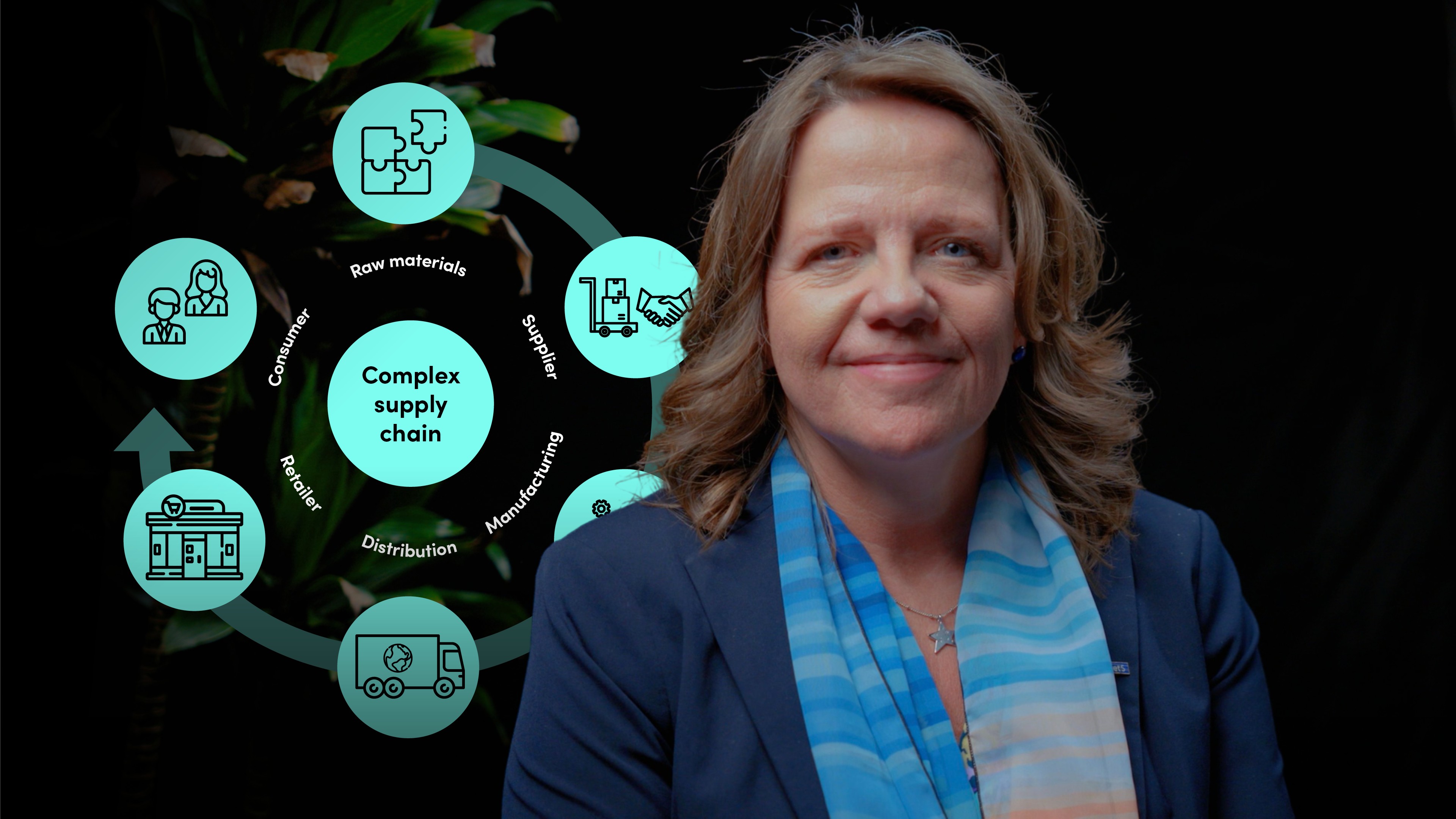
Climate Change Mitigation

Liz Bentley
25 years: Meteorologist
The most important climate action we can take is to mitigate the greenhouse gases being released. Join Liz Bentley as she explores key mitigation strategies.
The most important climate action we can take is to mitigate the greenhouse gases being released. Join Liz Bentley as she explores key mitigation strategies.
Subscribe to watch
Access this and all of the content on our platform by signing up for a 7-day free trial.

Climate Change Mitigation
14 mins 31 secs
Key learning objectives:
Define climate change mitigation
Outline the key mitigation strategies
Identify government, corporate and individual mitigation strategies
Overview:
Climate change mitigation refers to actions taken to reduce or prevent the emission of greenhouse gases into the atmosphere to limit the extent of climate change and its impacts. There are 4 overall key strategies: transitioning to renewable energy, increasing energy efficiency, land management and supporting research and development. Governments, businesses and individuals can all mitigate their climate change impact by utilising these strategies.
Subscribe to watch
Access this and all of the content on our platform by signing up for a 7-day free trial.
Subscribe to watch
Access this and all of the content on our platform by signing up for a 7-day free trial.

Liz Bentley
There are no available Videos from "Liz Bentley"



























